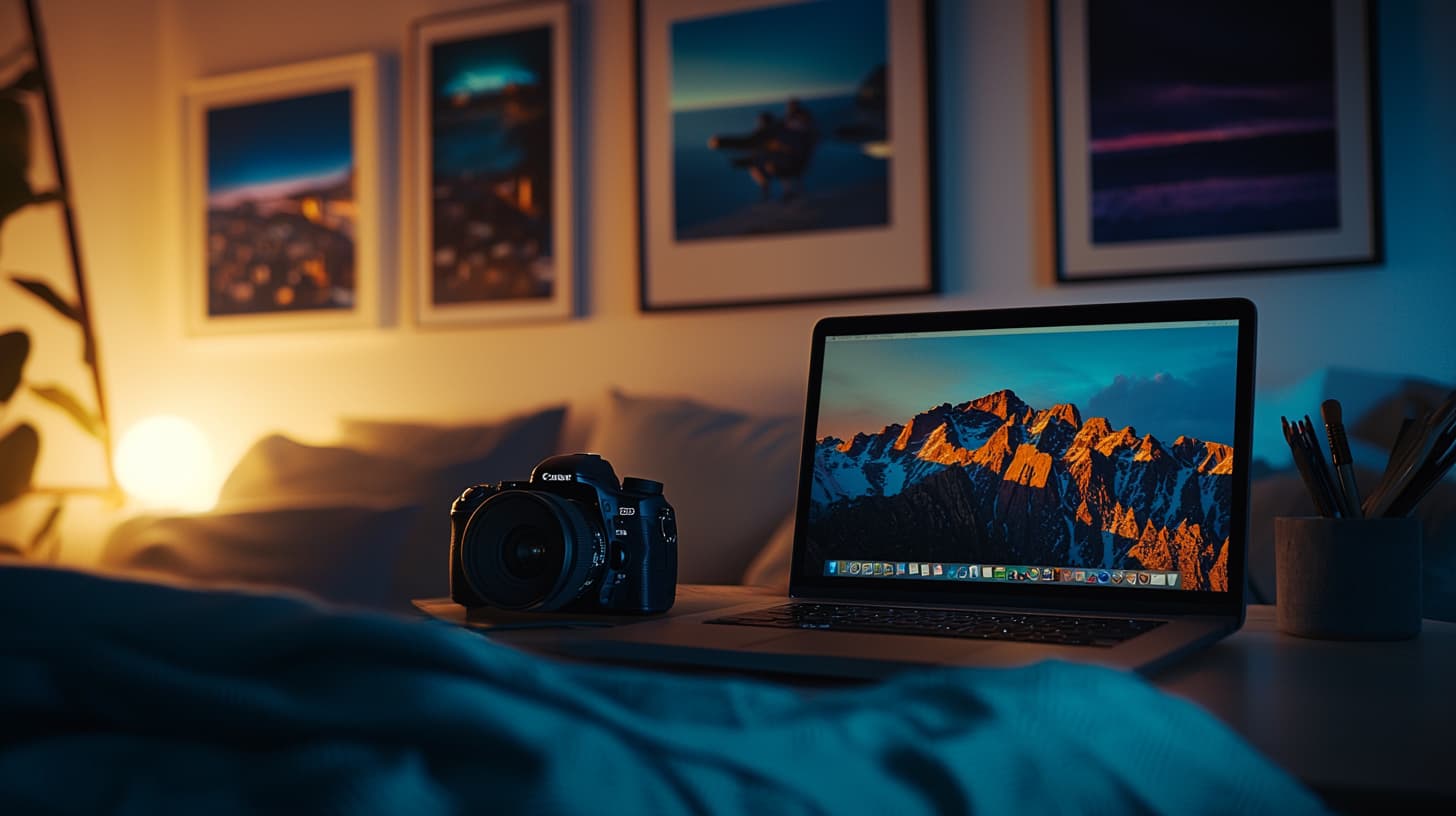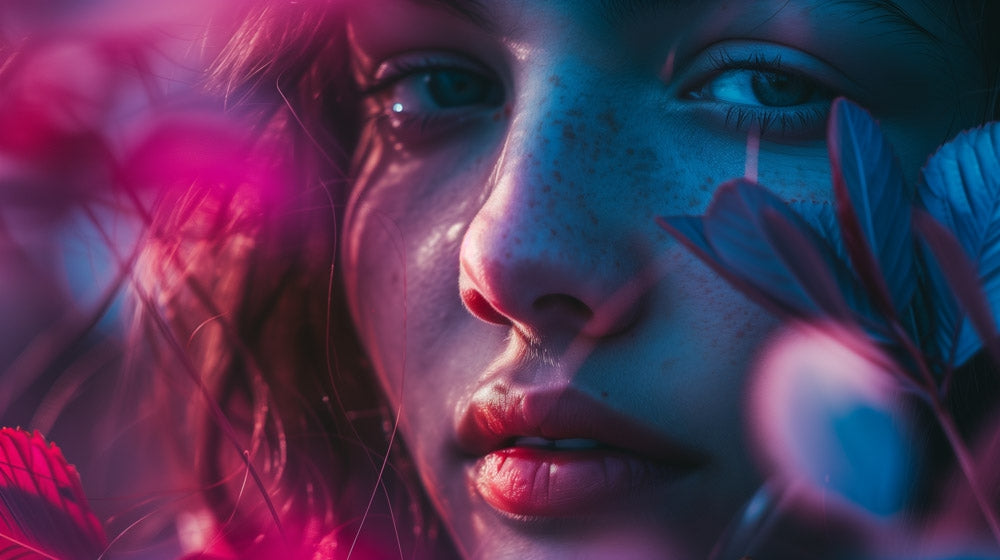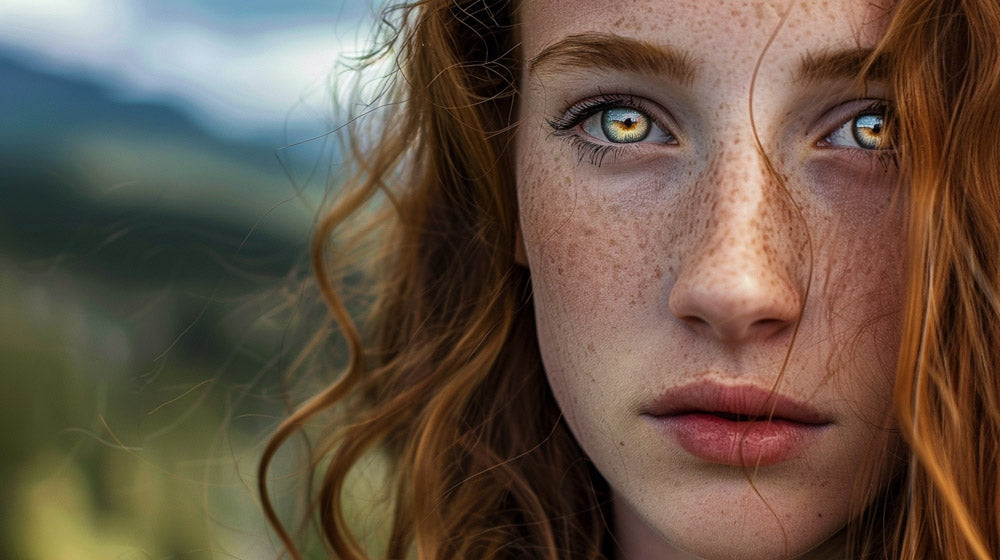Photography has become more accessible than ever, thanks to the abundance of online courses available today. With online photography courses, anyone can learn photography skills from the comfort of their home. Whether you're a beginner looking to understand the basics or an advanced photographer aiming to refine your skills, there's something for everyone.
For those just starting, courses often cover essentials like camera control, photo composition, and image editing. These fundamental skills set the stage for more specialized fields such as portrait photography, landscape photography, and wedding photography. By taking advantage of courses from top institutions and industry experts, learners can gain valuable insights and practical knowledge.
As you grow more confident in your abilities, you can explore advanced topics like post-processing techniques and the business aspects of photography. We believe that continued learning and practice are key to mastering this art form, and there are numerous resources online to help you along the way. Whether you're diving into new niches or polishing existing skills, the right online classes can be a game-changer.
Key Takeaways
- Learn photography basics and advanced skills online.
- Specialized courses cover various photography fields.
- Online resources support continuous learning and growth.
Exploring Photography Basics
Mastering the basics of photography involves understanding exposure, lighting, composition, and equipment. Each concept builds a foundation to enhance your skills and produce stunning images.
Understanding Exposure and Lighting
Exposure is controlled by three main settings: aperture, shutter speed, and ISO.
Aperture adjusts the lens opening, affecting the depth of field. Shutter speed controls the duration the camera sensor is exposed to light, influencing motion blur. ISO determines the sensor's sensitivity to light, impacting image brightness and noise.
Proper lighting can transform a photo. Natural light is best, but when it's limited, flash or artificial lighting can help. Creative uses of lighting, such as in long exposure portraits, add interesting effects to photos.
Composition and Aesthetics
Composition is how elements are arranged in a photo.
The rule of thirds suggests dividing the frame into a 3x3 grid and placing points of interest along these lines. Leading lines guide viewers' eyes through the image, like roads or bridges. Framing uses background elements to highlight the main subject.
Aesthetics involve choosing what fits the scene, like using symmetry for balance or negative space to avoid clutter.
Successful composition makes photos more engaging, such as in architecture photography.
Camera Settings and Equipment
Knowing your camera settings is crucial.
In manual mode, you control aperture, shutter speed, and ISO entirely. While intimidating at first, it offers creative freedom. White balance corrects color temperature to match the lighting conditions. Focus modes vary: auto-focus is useful for moving subjects, while manual focus offers precision.
Equipment also matters. DSLR and mirrorless cameras have interchangeable lenses for different effects. A prime lens offers sharp focus, while a zoom lens covers multiple focal lengths.
Certain specialties, like commercial beverage photography, require specific lighting setups and tools for best results.
Specialized Photography Fields
Photography offers various specialized fields that cater to different interests and skills. This section explores key techniques and insights for portrait, landscape, and wedding photography.
Portrait Photography Techniques
Portrait photography is all about capturing the essence of a person. The best portraits require understanding light, posing, and composition. Lighting is crucial; using natural light or studio setups can highlight features and convey mood. We should experiment with different light sources and positions to find what makes the subject look their best.
Posing is another essential aspect. Simple tips like avoiding straight-on shots and using different angles can add depth and interest. For those interested in advanced techniques, fine art portraiture focuses on styling and retouching to create stunning results.
Composition plays a major role too. Placement of the subject, use of background, and even props can make portraits stand out. To capture truly captivating images, it's important to tell a story through the photograph.
Landscape Photography Insights
Landscape photography captures the beauty of nature. One key factor is the time of day. The "golden hour" just after sunrise or before sunset offers beautiful natural light that enhances the scene. We should plan shoots around these times to get the best results.
Another important element is composition. Using the rule of thirds can help structure the image, making it more visually appealing. Placing key objects along these lines or their intersections draws the viewer's eye naturally.
Details matter greatly in landscape shots. Focusing on textures and colors can bring the image to life. For example, the landscape photography masterclass delves into how professionals capture these stunning scenes. Emphasizing unique features such as reflections in water or dramatic skies can add depth to photos.
The Art of Wedding Photography
Wedding photography requires a mix of technical skills and personal interaction. Capturing emotional moments is key. To do this effectively, blending into the background while staying observant is crucial. This allows for natural, candid shots that tell the story of the day.
Lighting and composition are also important in wedding photos. Using natural light when possible and arranging group shots thoughtfully ensures everyone looks their best. Experience in portrait techniques can be beneficial, as many wedding photos are essentially group portraits.
Additionally, post-processing skills are essential. Touching up images to correct lighting issues or enhance colors can make a significant difference. Understanding these elements and being prepared for various situations helps us capture beautiful, lasting memories.
Advancing Skills with Post-Processing
Post-processing enhances images by correcting flaws and adding artistic effects. Mastering tools like Photoshop and Lightroom can elevate our photography, making each image truly stand out.
Editing Techniques Using Photoshop
Photoshop is essential for advanced editing. It offers tools for manipulating images, correcting flaws, and adding artistic elements. Techniques such as layer masking and blending modes are crucial.
For example, using AI photo editing helps us create stunning composite portraits. Sharpening details and adjusting shadows with precision become simple tasks. Understanding these elements allows us to create professional-grade images.
Color Correction and Grading
Color correction ensures accurate colors in our photos while grading adds mood and style. Starting with white balance adjustments sets the foundation. We can enhance colors by adjusting hue, saturation, and luminance.
Tools like Photoshop offer advanced options like color curves and selective color adjustments. These allow us to tweak specific tones for a polished look. Consistent color work makes our photos visually appealing.
Utilizing Adobe Lightroom
Adobe Lightroom streamlines the post-processing workflow. It offers powerful tools for exposure adjustments, color grading, and organizing our photo library. Features like preset apply consistent looks across multiple images quickly.
The Lightroom Masterclass Bundle helps us master both desktop and mobile versions, making our editing process efficient. Lightroom also integrates well with Photoshop, giving us a complete toolkit for post-processing.
By focusing on these techniques, we can significantly improve our photography through effective post-processing.
The Business of Photography
Effective business strategies are crucial for photographers to succeed. Key areas like marketing, branding, and freelancing help photographers monetize their craft.
Marketing Strategies for Photographers
Marketing is essential for photographers to attract clients and generate income. We need a strong online presence through social media platforms like Instagram and Facebook. These channels let us showcase our portfolios and engage with our audience.
Using targeted digital marketing strategies helps us reach potential clients who are specifically looking for photography services. Email campaigns and blogging also build credibility and keep our audience engaged.
Collaborating with influencers or other businesses can expand our reach. Paid advertising through Google Ads or social media ads is another effective way to attract new clients.
Building a Photography Brand
Creating a strong photography brand sets us apart. The brand should reflect our unique style and professionalism. A well-designed logo and a consistent color scheme help people recognize our work instantly.
A professional website showcasing our portfolio, client testimonials, and contact information is crucial. This makes it easier for potential clients to find us and view our work. We should also consider optimizing our website for search engines to increase visibility.
Our brand isn’t just visual; it’s how we communicate. Engaging with clients positively and delivering outstanding service helps build a reputable brand.
Freelancing and Entrepreneurship
As freelance photographers, we manage our schedules, handle negotiations, and deliver high-quality work. Planning our workflow and setting clear boundaries is essential to maintain a balance.
Understanding how to price our services competitively is vital. Resources on pricing strategies can guide us in setting our rates. Additionally, diversifying our income by offering workshops or selling prints can create more revenue streams.
Freelancing also means staying updated with industry trends and constantly improving our skills. Networking with fellow photographers and participating in workshops can help us stay competitive.
Continuing Education and Online Resources
Enrolling in online photography classes can enhance skills and open new opportunities. From selecting the right course to engaging in community feedback, there are many resources available for aspiring photographers.
Selecting the Right Online Photography Course
Choosing the right online classes is crucial for effective learning. It's important to look at the course content, instructor expertise, and student reviews. For instance, platforms like Udemy offer comprehensive courses. Course details often include essential topics such as exposure, composition, and editing. Knowing what you want to achieve helps in selecting the course that best fits your needs. If you're looking to improve your image processing, consider resources like Intro to Adobe Lightroom.
Learning Pathways for Photographers
Different learning pathways support varied interests and skill levels. Professional institutions like MIT provide intensive courses for those seeking deep understanding. These programs often have structured curricula, beginning with basics and advancing to specialized skills. Meanwhile, other platforms might focus on specific software tutorials, such as Capture One Photo Editing Software, a robust tool for professionals. Evaluating your goals and current skill level helps in choosing the right learning path. Many courses offer a blend of theory and practice, ensuring a holistic learning experience.
Community and Peer Review
Being part of a community can significantly enhance the learning process. Online photography classes often provide forums and peer review opportunities. Engaging with other students allows for the exchange of ideas and constructive feedback. For instance, platforms usually have discussion boards where members can post their work for review. This not only improves your technical skills but also broadens your perspective. Joining photography groups on social media or dedicated forums can also be beneficial. Participating in a community helps keep motivation high and provides valuable insights from more experienced photographers.
Frequently Asked Questions
In this section, we will address common questions about online photography classes, highlighting the best free courses, top platforms, and whether they can be a good substitute for in-person learning.
What are the best free online photography courses with certificates?
Free online photography courses with certificates include offerings from platforms like Coursera. They provide various photography courses that come with a certificate upon completion. Photography classes on Coursera are designed for all levels, from beginners to advanced learners.
Where can beginners find the best photography classes online?
Beginners can find excellent photography classes on websites like Skillshare, which offers a free trial, making it an affordable starting point. Courses are available for different skill levels, including those just starting their photography journey.
Which platforms offer the top-rated photography courses online?
Popular platforms that offer top-rated photography courses include Digital Camera World, Coursera, and Skillshare. Each platform has a range of courses from reputable instructors covering various photography styles and techniques.
Are there any photography classes available online that provide certificates from recognized institutions?
Yes, several online photography classes provide certificates from recognized institutions. Courses on Coursera often partner with universities and other respected organizations to offer accredited certificates, ensuring the credibility of your learning.
Can online photography classes effectively substitute for in-person learning experiences?
Online photography classes can effectively substitute for in-person learning, especially for theoretical knowledge and basic techniques. They offer flexibility and accessibility. Yet, hands-on experience in a real-world setting can still be valuable for practical skills.
How worthwhile are online photography courses for professional development?
Online photography courses are highly worthwhile for professional development. They provide up-to-date knowledge, new techniques, and the convenience of learning at your own pace. Many courses provide certificates, which can enhance your resume and portfolio.





















